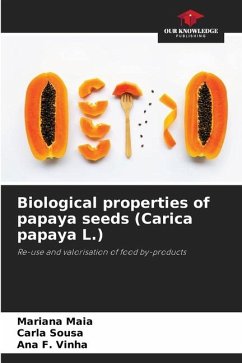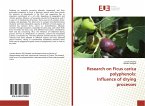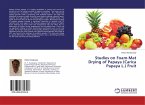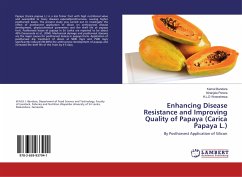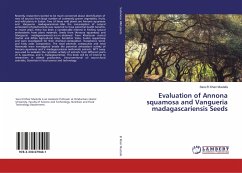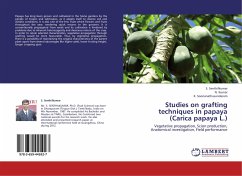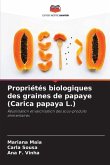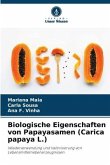Interest in the reuse of different parts of fruits and vegetables has been increasing, not only to promote environmental sustainability, but also for the other beneficial properties that have been recognised by the scientific community. The content of bioactive compounds in papaya seeds, which are almost always wasted, led to the study of alternative uses of them. In this context, the content of non-nutritive compounds of Carica papaya L. seeds, namely total phenolics and flavonoids, was quantified, and their antioxidant activity was also evaluated. Despite the evidence that papaya seeds can be used as natural antioxidants in the food and pharmaceutical industries, further research is needed to assess their toxicity.
Hinweis: Dieser Artikel kann nur an eine deutsche Lieferadresse ausgeliefert werden.
Hinweis: Dieser Artikel kann nur an eine deutsche Lieferadresse ausgeliefert werden.

